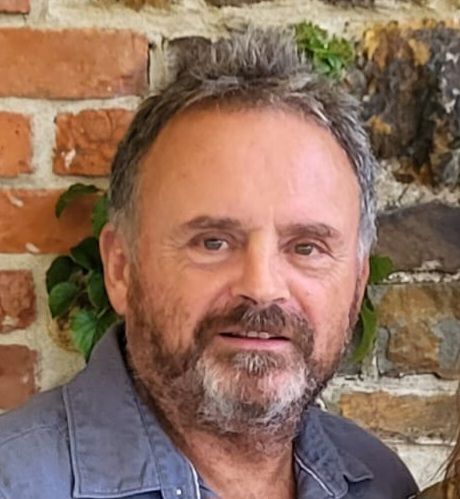Trauma and the Wounded Self
A methodical sequenced approach to understanding the wounded Self as a consequence of trauma.
This course consists of 5 modules. Four of these are video-based, and the fifth is a pdf document.
This course qualifies for 3 CPD points.
The videos constitute a total of 2 hours and 22 minutes. Including enough time to answer the quiz at the end of each chapter, and for reading to relevant parts of the pdf document, amounts to a total of approximately 3 hours, i.e. 3 CPD points.
Module 1: “Trauma: The Prevailing Understanding”. Video, 21 minutes and 49 seconds.
Module 2: “Trauma, the Prevailing View: A Critique”. Video, 41 minutes and 30 seconds.
Module 3: “Trauma and the Wounded Self, 1”. Video, 07 minutes and 12 seconds.
Module 4: “Trauma and the Wounded Self, 2”. Video, 1 hour, 12 minutes and 33 seconds.
Module 5: “The Self, Boundaries and Personal Space” Pdf document.
EDUCATIONAL OBJECTIVES OF THE COURSE / EVENT
To provide therapists with
An accurate picture of how trauma is viewed within the prevailing global view of mental health.
An insightful critique of this prevailing view. This critique will encourage therapists to enhance their own critiquing skills.
To provide therapists with a clear understanding of the links between trauma and the wounding of the Self.
To set out the features of the wounded Self in a way that enhances understanding of trauma/wounding and the effects/consequences of trauma/wounding on the Self, and consequently, on the Person and their life.
A practical and accessible sequence of links in the chain/ that occurs in the wake of a traumatising experience.
Ideas regarding why the same traumatic event may effect people in different ways, with differing outcomes.
The importance of changed mindsets as a consequence of trauma.
To educate therapists regarding the strong links between the wounded Self and depression.
Copious appropriate references are included throughout the course.
LEARNING OUTCOMES:
Increased and more accurate understanding of the prevailing view of trauma.
Increased insight into the prevailing global mental health view of trauma vis-à-vis mental illness diagnoses such as depression, leading to therapists’ increased understanding of the mindset of those who diagnose eg depression, in relation to trauma, which will be useful information when working with people diagnosed with depression.
A more nuanced and richer understanding of the steps/stages that follow a potentially traumatising event, providing increased clarity, understanding and confidence to therapists in their work.
A greater understanding and appreciation of the centrality of the Self – to life, happiness, and how the Self reacts/responds to trauma, and the consequences of this.
A greater understandings of the characteristics of a wounded Self and its consequences, as a constellation of experiences and behaviours within a set of themes, experiences and behaviours that make sense, are purposeful, and can be worked with.
Validation and increased confidence in the pivotal role of trauma and its effects, and of the relevance and value of therapy.
REFUND POLICY
A 30-day no-quibble refund policy applies to all my courses (through the course hosting site Teachable.com).
Your Instructor

Terry's own life experiences and his life as a mental health activist, medical doctor, psychotherapist and mental health author have brought him to a level of understanding of mental health that is unusual if not indeed exceptional.
Terry Lynch has played a prominent role in mental health both nationally and internationally. For a nine-year period, he was appointed by the Irish Department of Health and Children to key national mental health groups - The Expert Group on Mental health Policy (2003-6) which formulated A Vision for Change, Ireland’s official mental health policy document; The Independent Monitoring Group for A Vision for Change (2006-9); the Second Monitoring Group for A Vision for Change (2009-12).
Terry Lynch was the only mental health professional to be appointed to the three Groups named above. In addition, he was also appointed by the CEO of the Irish Health Service Executive (HSE) to the Irish Health Service Executive's Mental Health Expert Advisory Group (2006-8).
Terry is the author of 4 books: Prescribed Drug Dependence (Kindle, 2018); Depression Delusion Volume One: The Myth of the Brain Chemical Imbalance (2015); Selfhood: A Key to the Recovery of Emotional Wellbeing, Mental Health and the Prevention of Mental Health Problems, (2011); and best-seller Beyond Prozac: Healing Mental Distress (2004).
He has appeared regularly in the national media in Ireland and beyond.



